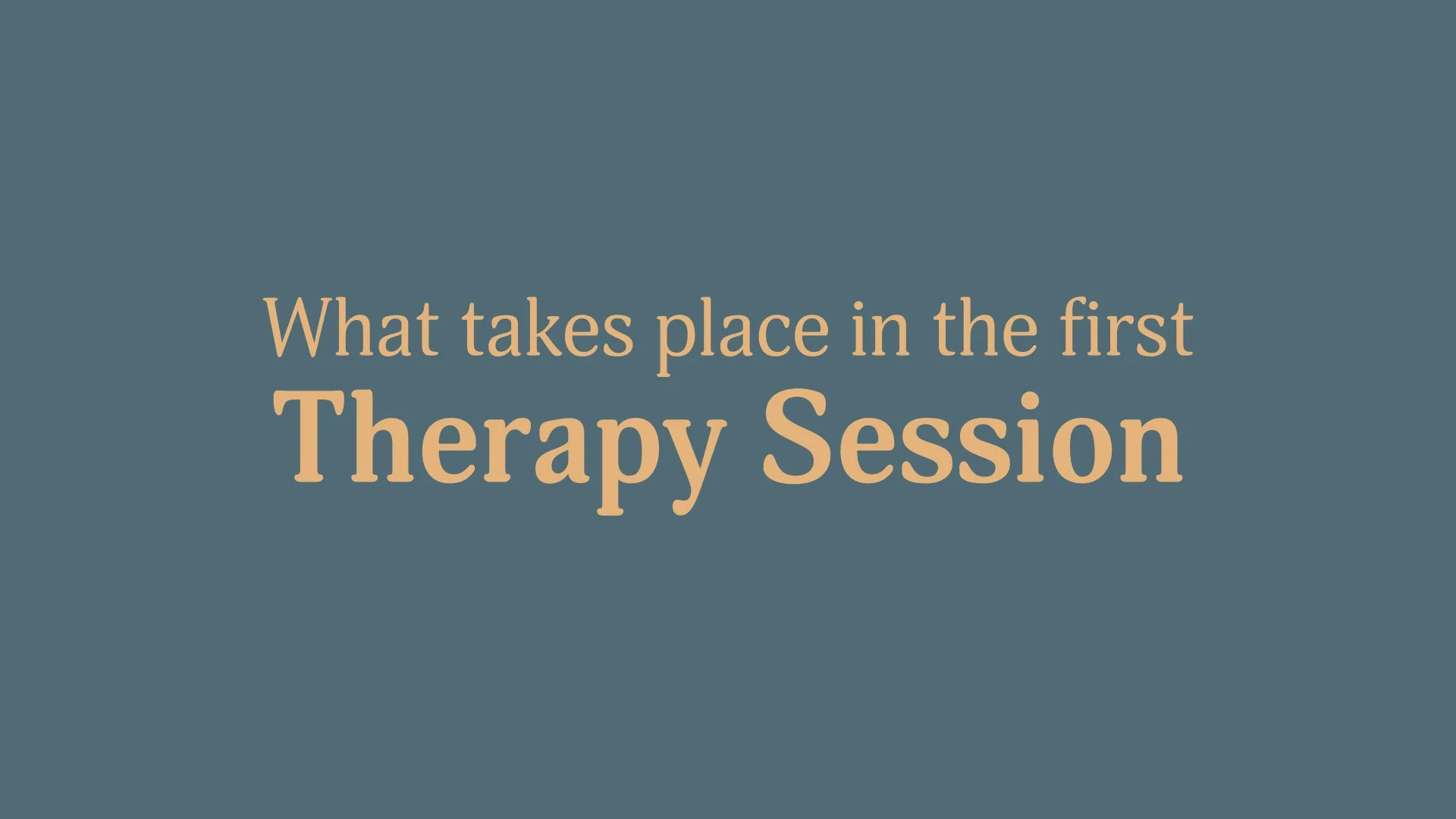what you can expect from your first therapy session
transcription from video
question: What takes place in the first session?
Rebecca Bruno:
So in the first session, I help to hold any feelings of overwhelm or intensity that can come with the first session.
So, that's my role is to really help you hold the intensity and vulnerability of coming in to tell your story and start to touch into feelings that perhaps you haven't touched in a long time or maybe [feelings] that start to feel new in some way.
And we get to look at the terrain of your past experiences of what's bringing you in and where you're wanting to go.
So we get to start mapping together what your goals are, what your aims are, and get to see both kind of the pain or the struggle that is bringing you in and the possibility for growth and where you can heal.
end of transcription

Blending several modalities to customize every session to your needs in the moment and for your long-term goals.
how to prepare for your first therapy session?
To gain understanding of your situation, your therapist may ask questions about your childhood, relationships (family, romantic, friends), career, and the current emotional landscape of your life.
It can be helpful to review your personal story before your first therapy session. If you can, take a moment to consider what you would like to share.
It might be a specific event, such as a breakup, a loss, or a traumatic experience. Alternatively, you could be struggling with ongoing issues that have persisted over time.
Sharing your reasons for seeking therapy will help your therapist better understand your needs and goals.
questions you may ask yourself before your first therapy session.
What from your past do you feel is still influencing today?
What is bringing you to therapy?
What changes in your life would you like to see?
Remember, therapy is a collaborative process, and your therapist supports you on your journey toward healing and personal growth. Embrace this opportunity to explore your thoughts and emotions in a safe, non-judgmental environment and trust the therapeutic process.
